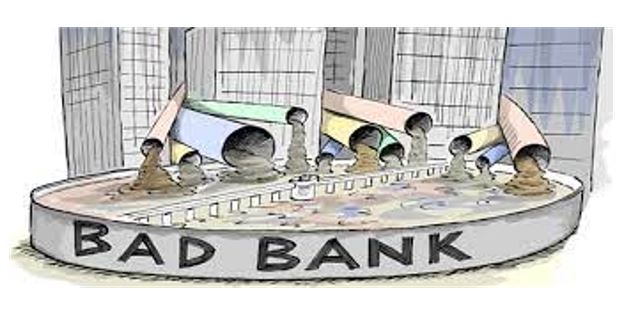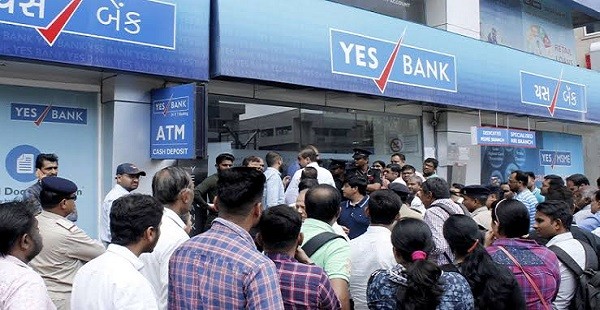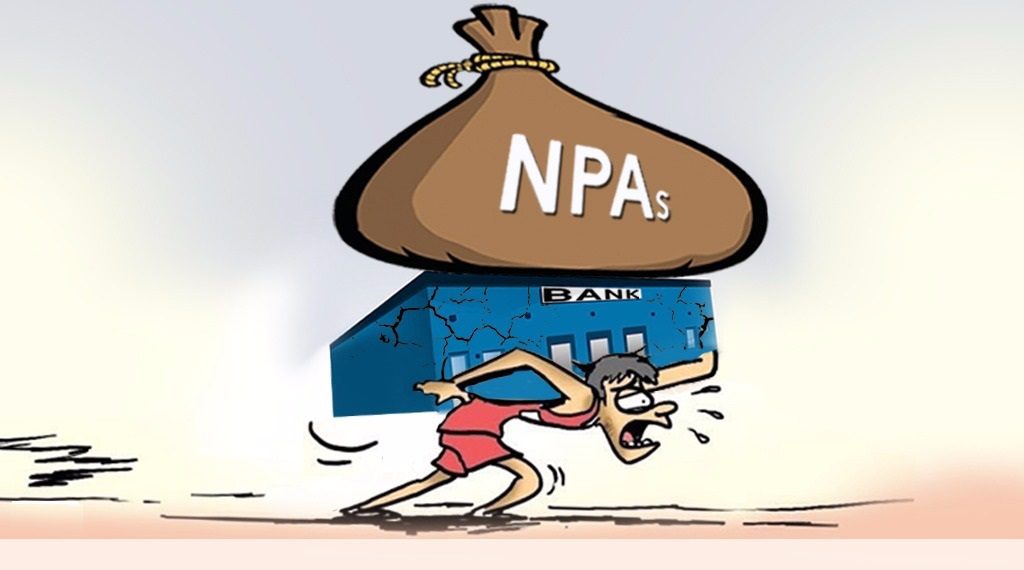NPA
Bad Bank – Needs, Pros, and the Cons
Indian Finance Minister recently announced that the National Asset Reconstruction Company (NARCL) along with the India Debt Resolution Company (IDRCL)…
The Need for a Special Situation Fund (SSF)
Indian financial markets witnessed two crucial reforms earlier this year. Both these reforms are aimed at solving India’s bad debt problem. While th…
Bad Banks for Farm Loans
This topic of “Bad Banks for Farm Loans” is important from the perspective of the UPSC IAS Examination, which falls under General Studies Portion.What is…
Insolvency and Bankruptcy Code – Complete Analysis with recent issues
Insolvency and bankruptcy code (IBC) was introduced in 2016 to address the mounting bad
loans (NPAs) problem. In this scenario, there are new perform…
Yes Bank Crisis – Causes, Consequences & Measures
On 5th March 2020, the Reserve Bank of India (RBI) had imposed a 30-day moratorium on the YES Bank, superseded the bank’s board and appointed Prasha…
Disinvestment of Public Sector Units (PSUs) in India – Pros and Cons
The government has set a disinvestment target for 2020-2021 to Rs.2.10 lakh crore, having failed to achieve the current fiscal year’s target of Rs.1…
NPA Crisis in India – Reasons and Responses
According to the Economic Survey 2018-2019<…







